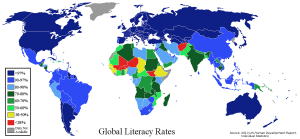The principle of non-violence, also known as non-violent resistance, rejects the use of physical violence to achieve social or political change. Many groups throughout the world use this method in social justice campaigns.
There are three main categories of non-violence action:
- Protest and persuasion, including marches and vigils.
- Non-cooperation.
- Non-violent intervention, such as blockades and occupations.
The UN recognizes a philosophical connection between the human rights principles in its universal declaration and those that 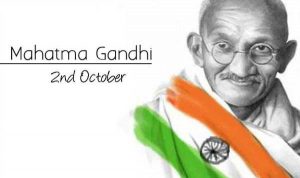 Mahatma Gandhi used. Gandhi was born in India on October 2, 1869. He is remembered today for his contributions towards India’s freedom and for sharing with the world a doctrine for dealing with injustice and disharmony. He taught people the philosophy of Ahimsa, which encourages the use of non-violence as a tool for the peaceful resolution of differences. India gained its freedom on August 15, 1947, through Gandhi’s efforts. He was assassinated on January 30, 1948.
Mahatma Gandhi used. Gandhi was born in India on October 2, 1869. He is remembered today for his contributions towards India’s freedom and for sharing with the world a doctrine for dealing with injustice and disharmony. He taught people the philosophy of Ahimsa, which encourages the use of non-violence as a tool for the peaceful resolution of differences. India gained its freedom on August 15, 1947, through Gandhi’s efforts. He was assassinated on January 30, 1948.
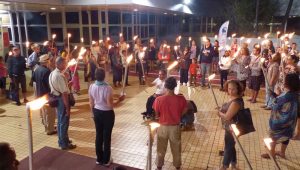 The UN General Assembly came up with a resolution in 2007 to establish the International Day of Non-Violence. The day aimed to spread the message of non-violence, including through education and public awareness, around the world. The resolution reflected universal respect for Gandhi and his philosophy. October 2, which is Gandhi’s birthday, was allocated as the day’s date. The first International Day of Non-Violence was on October 2, 2007.
The UN General Assembly came up with a resolution in 2007 to establish the International Day of Non-Violence. The day aimed to spread the message of non-violence, including through education and public awareness, around the world. The resolution reflected universal respect for Gandhi and his philosophy. October 2, which is Gandhi’s birthday, was allocated as the day’s date. The first International Day of Non-Violence was on October 2, 2007.
Source: Text: www.timeanddate.com Image: Freedom newscode.in

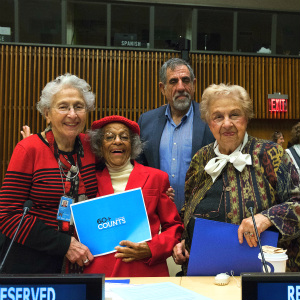

 New York, USA, 19 December 2017: The United Nations General Assembly has declared 23 September as International Day of Sign Languages. The resolution (
New York, USA, 19 December 2017: The United Nations General Assembly has declared 23 September as International Day of Sign Languages. The resolution (
 When the word ‘GOD’ is pronounced, several images can come to the minds of different people.
When the word ‘GOD’ is pronounced, several images can come to the minds of different people. Is it a question of choosing the kind of God one believes in?
Is it a question of choosing the kind of God one believes in?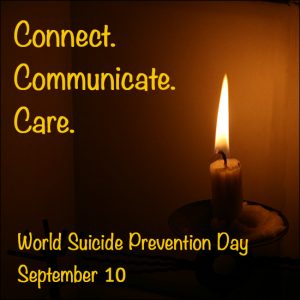 History of World Suicide Prevention Day
History of World Suicide Prevention Day